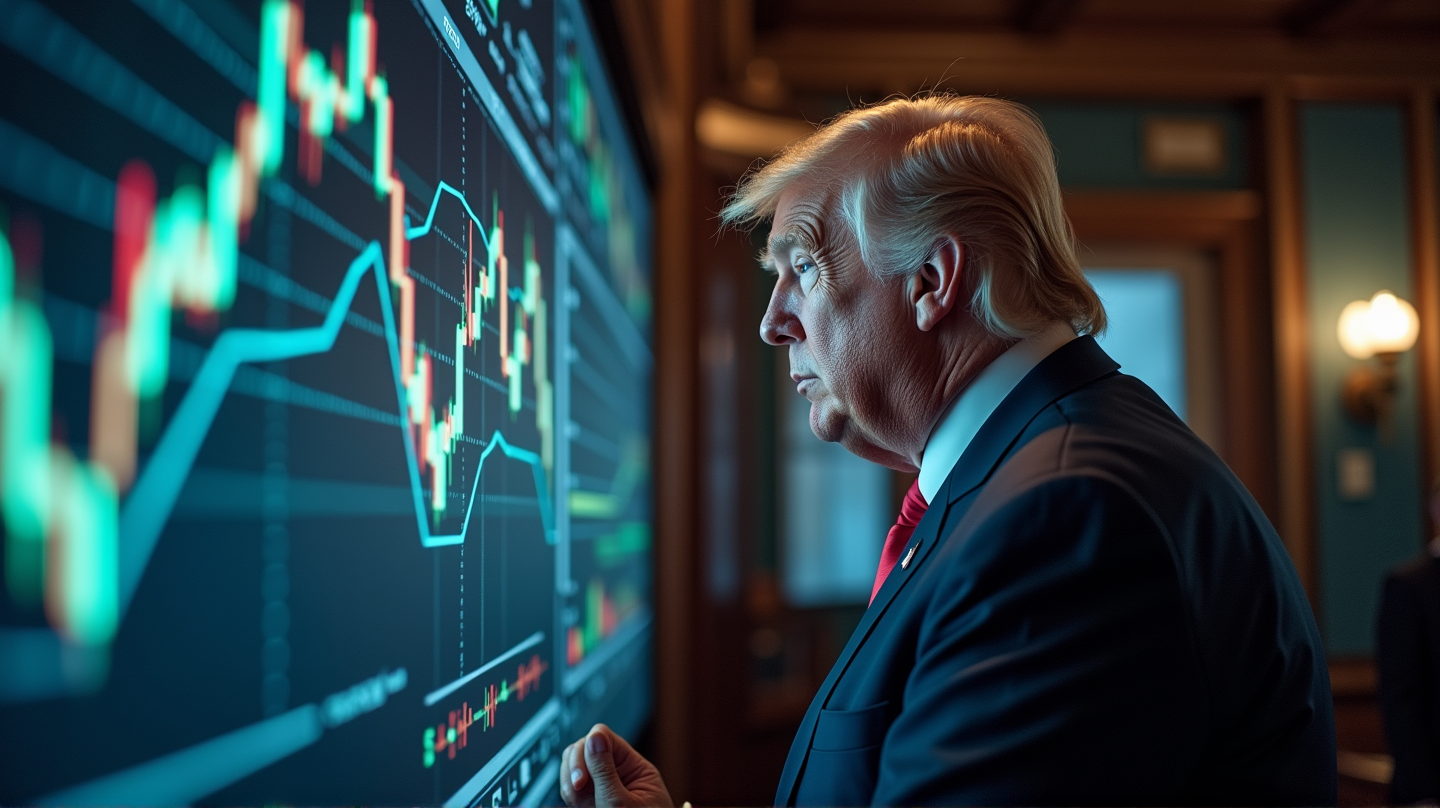Senator Kennedy Warns Trump: Firing Powell Could Sink the Stock Market
Sen. John Kennedy cautions Trump about firing Fed Chair Jerome Powell, stating such a move could crash the stock market.

In a captivating yet serious exchange on economic stability, Sen. John Kennedy (R-LA) has become a prominent voice cautioning President Donald Trump about the potential repercussions of firing Federal Reserve Chairman Jerome Powell. As reported by CNN’s Phil Mattingly, Kennedy’s stern warning presents a persuasive narrative that dismantling this key economic figure could lead to disastrous market consequences.
A Precarious Proposal
The pressure over Powell’s position has been simmering, and Trump recently floated the idea of firing him during a closed meeting with House Republicans. However, it sparked significant alarm among economic observers, with Kennedy voicing concerns analogous to a looming financial tempest. “If you fire the chairman of the Federal Reserve, you will see the stock market crash and you will see the bond market crash,” Kennedy insisted, emphasizing the perils of undermining the central bank’s independence.
Market Reactions
As whispers of this potential firing spread, uncertainty infected the stock market, prompting visible dips. The sudden volatility underscored Kennedy’s forewarning about the dangers of disrupting the intrinsic balance of an independent monetary policy. The notion of a draft removal letter for Powell carried by Trump during the discussion intensified the urgency of the situation, yet the White House quickly worked to temper these concerns.
The Inevitable Economic Fallout
Countries where central banks lack perceived autonomy generally face negative economic outcomes, a scenario that Kennedy highlighted with a colorful analogy. Referencing the fate of less fortunate economies, he stated, “their Powerball jackpot is 287 chickens and a goat,” a stark metaphor for countries where central bank manipulation spells economic doom.
Broader Implications
Kennedy’s remarks have made waves, reflecting broader Republican hesitations despite the favorable nods from the House during Trump’s musings. It underscores a vital lesson in the necessity of preserving Federal Reserve independence, a principle intertwined with sustaining U.S. economic prosperity. According to NewsBreak: Local News & Alerts, influence over the Federal Reserve’s leadership isn’t merely a political maneuver but a potential trigger for economic instability, should Trump’s whims tip the delicate scales.
Conclusion
Senator Kennedy’s appeal urges a reevaluation of immediate actions influencing economic policy. While President Trump’s disdain for current interest rates is apparent, revisiting such strategies with caution embodies responsibility—especially when potential repercussions parallel financial catastrophe.
In the intricate dance of politics and finance, Kennedy’s voice serves as a critical reminder: holding the strings of power comes with the obligation to safeguard the nation’s economic integrity.





